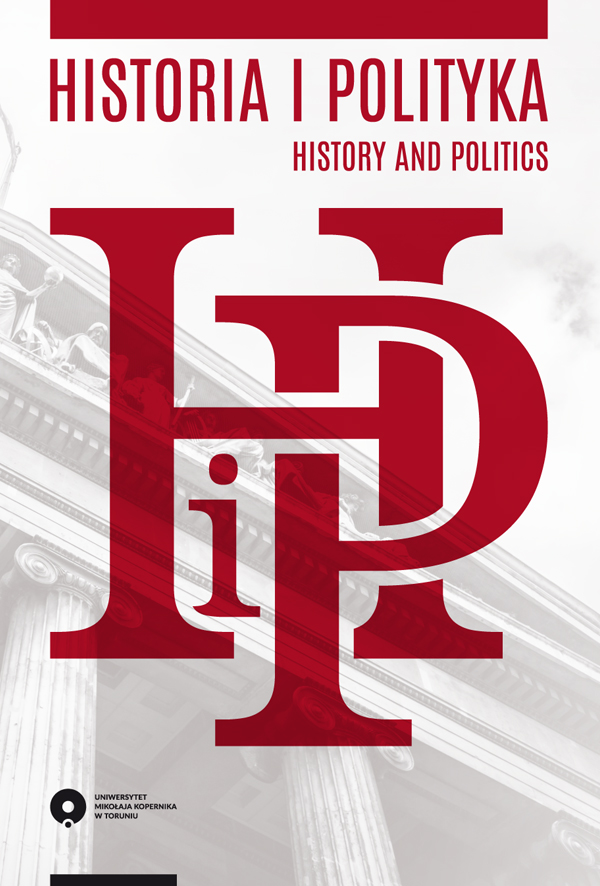Historical Narrative and Tradition as Instruments of Creating the Image of the State on the International Arena: The Case of Kazakhstan
Historical Narrative and Tradition as Instruments of Creating the Image of the State on the International Arena: The Case of Kazakhstan
Author(s): Tomasz WaśkielSubject(s): Politics
Published by: Wydawnictwo Naukowe Uniwersytetu Mikołaja Kopernika
Keywords: politics of memory; Central Asia; Kazakhstan; nation branding;
Summary/Abstract: The article aims to explain the relationships between the official historical narrative (politics of memory) and the image of the state on the international area (nation branding). The analysis was based mainly on the Kazakh cinematography and the Kazakh TV station programs.I argue that the official historical narrative may contribute to the change of Kazakhstan perception on the international area. Politics of memory aims at highlighting the selected historical periods and concealing others. Kazakhstan elites are trying to emphasize the recent history, modernization and economic successes of the state after 1991. The pre-Soviet history is also strongly accentuated, and the historical continuity of the Kazakh nation (or even its statehood) from the end of the 15th century is highlighted. The politics of memory also aims at retraditionalization, i.e., the traditional lifestyle of nomads is widely publicized. On the other hand, the period of Russian and Soviet rule, painful events in the history of the twentieth century, are omitted or even concealed. Such a manner of conducting politics of memory may change the image of Kazakhstan, from the post–Soviet state to a modern one, modernized but at the same time nomadic, with a rich tradition.
Journal: Historia i Polityka
- Issue Year: 37/2019
- Issue No: 30
- Page Range: 49-63
- Page Count: 14
- Language: English

